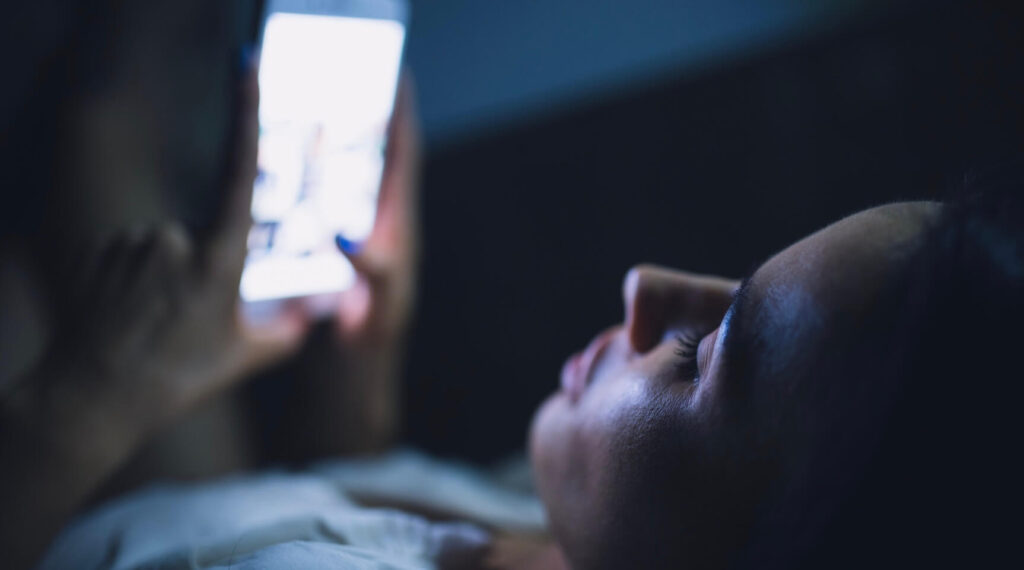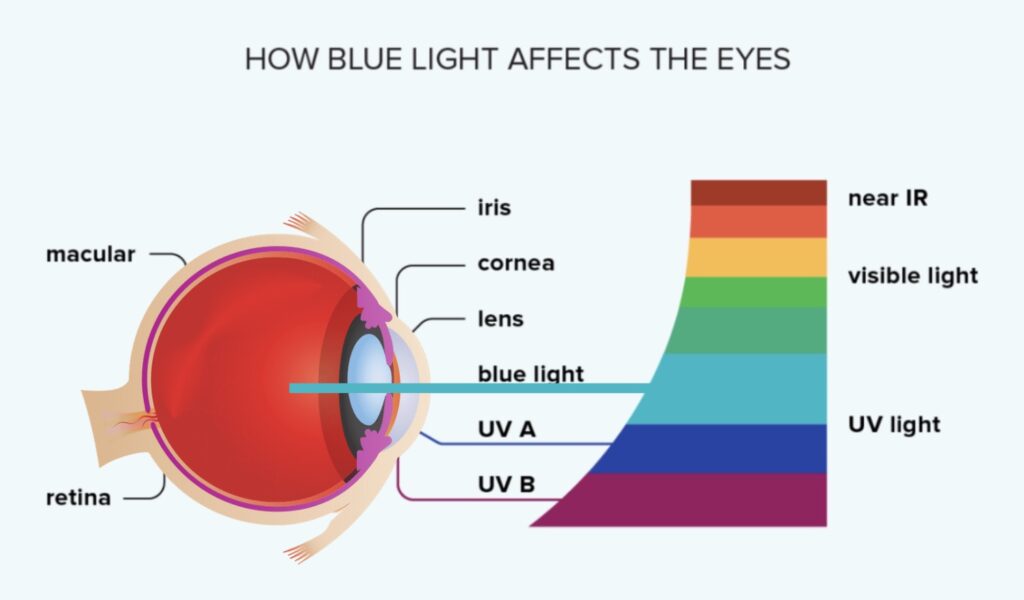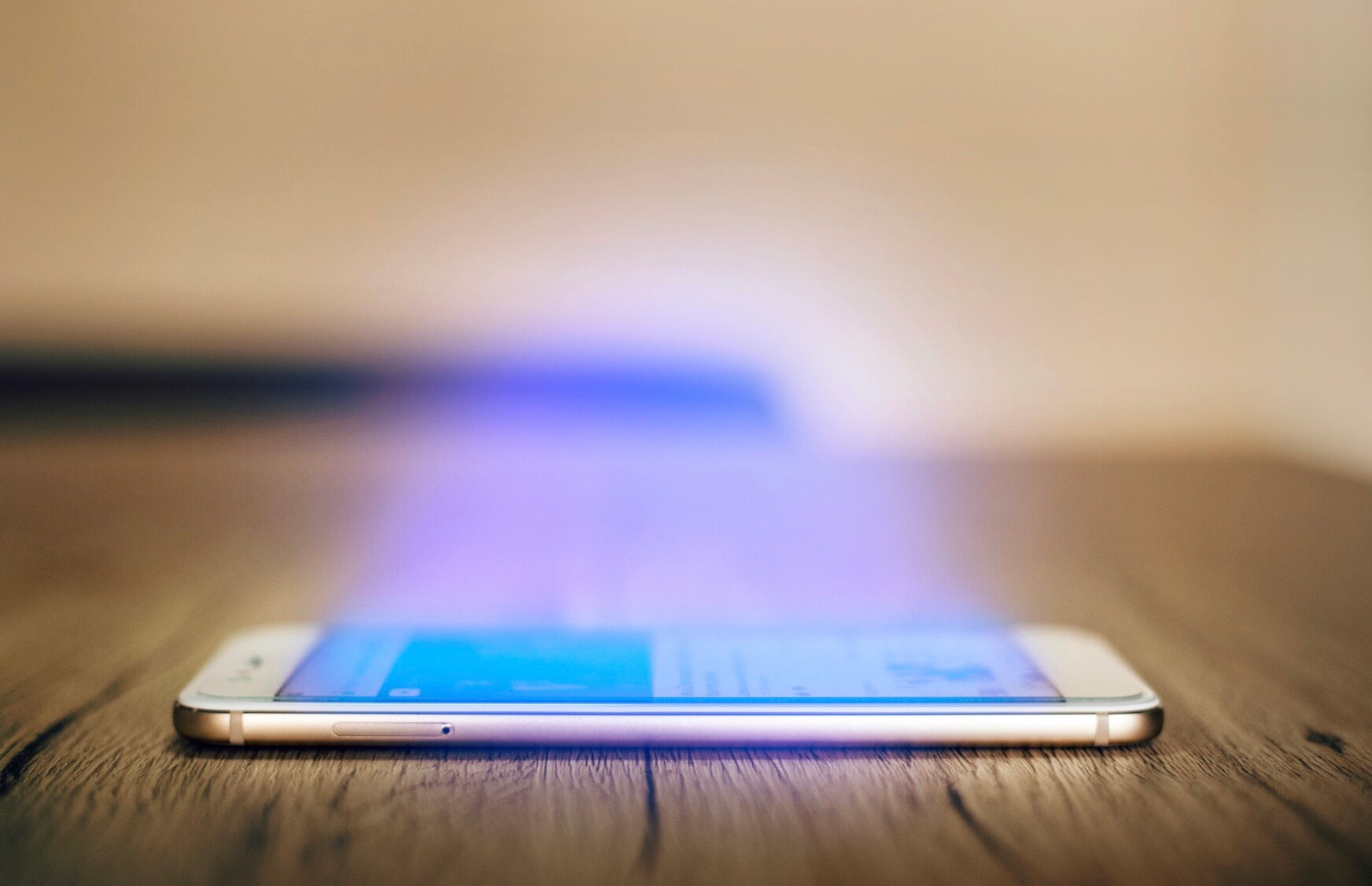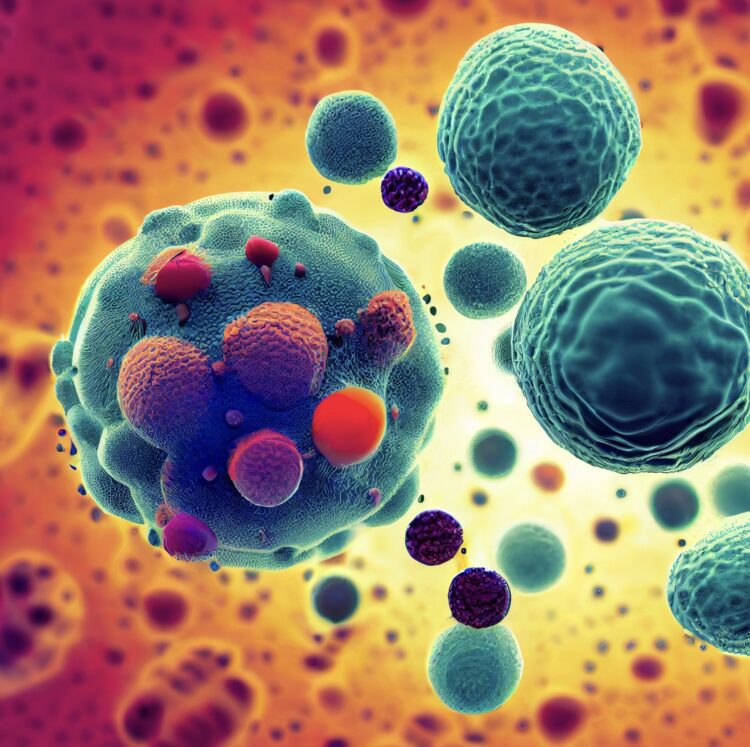Blue light is naturally present in sunlight and artificially through electronic devices. In our modern and technological life, blue light is a constant presence, but have you ever wondered how it impacts your well-being?
One of the most studied aspects of blue light is its impact on the quality and duration of sleep, especially its relationship with melatonin, the hormone that regulates the sleep-wake cycle. The pineal gland, located in the brain, produces melatonin in response to darkness. When exposed to blue light, especially at night, this production can significantly decrease, disrupting our sleep patterns.

The blue light emitted by electronic device screens, such as smartphones and computers, releases a considerable amount of energy in the blue wavelength, which suppresses melatonin production and makes it difficult to fall asleep. This results in nights of insomnia, difficulty falling asleep, and generally poor sleep quality. To counteract this negative effect, it is recommended to limit screen exposure at least two hours before bedtime.
However, not all effects of blue light are detrimental. In fact, blue light exposure plays an important role in regulating metabolism. Natural blue light from the sun is essential for synchronizing our biological clock and keeping it healthy.

In a recent systematic review, Silvani et al. (2022) found that exposure to blue light reduces fatigue and can have a positive impact on cognitive performance, alertness, and reaction time. Furthermore, the review also found studies linking blue light exposure to an increase in well-being. This could benefit sports that rely on teamwork and decision-making, potentially helping to prevent injuries.











